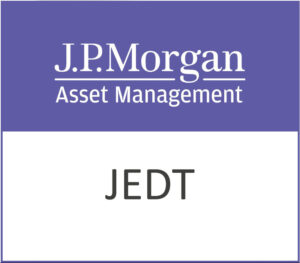Real Estate Credit Investments Ltd (LON:RECI) benefits from deep expertise, not only in selecting assets but in having the capability to protect assets where positions need attention. As part of the larger Cheyne debt investor specialist – with over $11bn assets under management – RECI has top-tier expertise. The CM Day presentation, on 27 June, highlighted the scope for a modest progressive rise in loan returns, an already-anticipated move out of development loans into loans for yielding assets where their owners seek finance to improve them. RECI’s portfolio is largely senior debt and it has almost entirely exited its market-traded bonds. Dividend payout seems secure.
- An under-supplied market: Supply of funds for senior debt continues to run well behind demand, which is driven by the plethora of ongoing projects, market conditions with rising cost of money, banks’ preferences, and regulatory issues concerning capital adequacy requirements. This is reflected in attractive returns.
- May Factsheet: NAV rose in the month, although it is still 1.3% below the level 12 months ago. The prior fall principally reflected the now small exposure to market bonds – as opposed to loans – and a small December 2023 writedown of a Parisian prime office development, completed in 2023 and slow in letting.
- Valuation: Real Estate Credit Investments traded at premiums to NAV in the five-year, pre-pandemic era. The average discount to NAV in 2023/24 was 14.7%. The real estate debt sector traded at an average discount of 26.3% (ex-RECI) over those 12 months (source: Liberum). Higher rates should, in our view, be seen as positive.
- Risks: Any lender is exposed to credit risks. We believe RECI has appropriate policies to reduce default probability. Positions are illiquid. Its average entry LTV is 61%, and most loans (e.g. nine of the top 10) are senior-secured, providing a downside cushion. In the short term, investor sentiment remains an issue.
- Investment summary: Real Estate Credit Investments generates an above-average dividend yield from well-managed credit assets. Directors and management have demonstrated their confidence in its sustainability through share purchases. Market wide, credit risk is currently above average, but RECI’s strong liquidity and debt restructuring expertise should allow it time to manage problem accounts. Borrowers, to date, have injected further equity into deals. The initial £5m share buyback programme has now been completed. A new £10m one was announced on 28 March.
Real Estate Credit Investments Limited (LON:RECI) is a closed-end investment company that specialises in European real estate credit markets. Their primary objective is to provide attractive and stable returns to their shareholders, mainly in the form of quarterly dividends, by exposing them to a diversified portfolio of real estate credit investments.







































